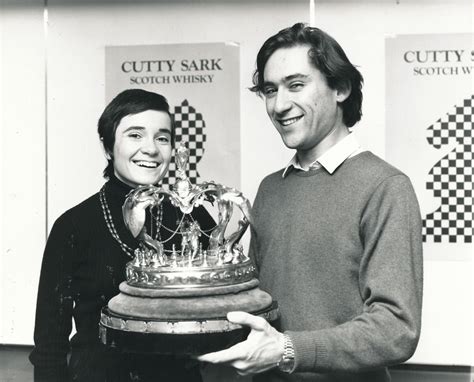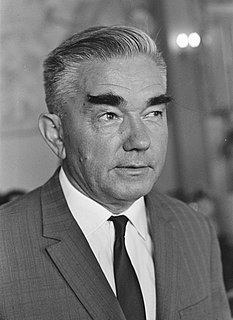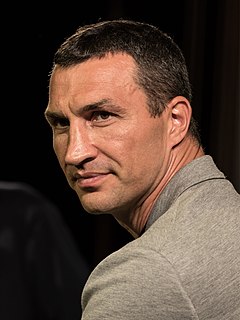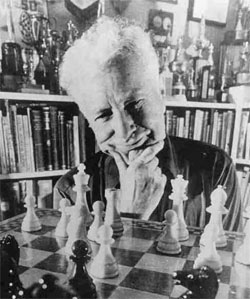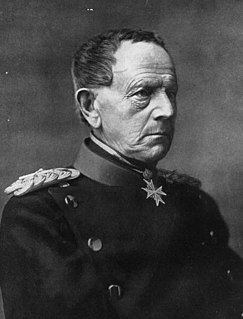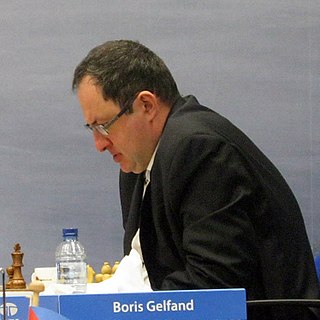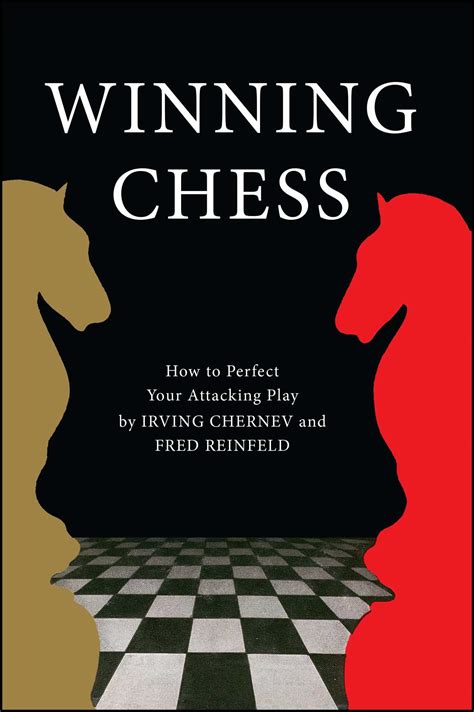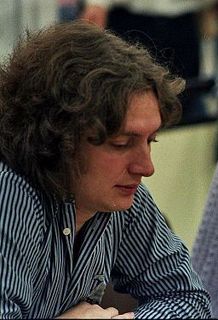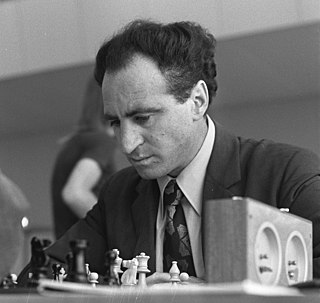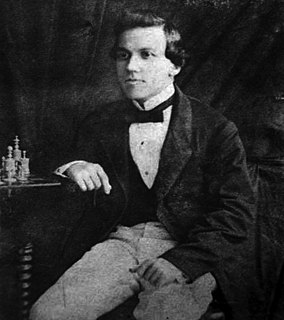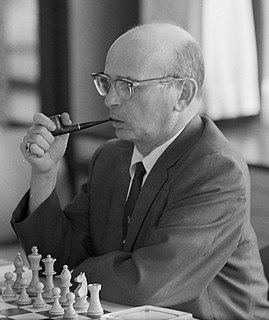A Quote by Jose Raul Capablanca
It was Steinitz who was the first to establish the basic principles of general chess strategy. He was a pioneer and one of the most profound researchers into the thruth of the game, which was hidden from his contemporaries.
Related Quotes
What a singular destiny has been that of this remarkable man!-To be regarded in his own age as a classic, and in ours as a companion! To receive from his contemporaries that full homage which men of genius have in general received only from posterity; to be more intimately known to posterity than other men are known to their contemporaries!
Christ is already in that place of peace, which is all in all. He is on the right hand of God. He is hidden in the brightness of the radiance which issues from the everlasting throne. He is in the very abyss of peace, where there is no voice of tumult or distress, but a deep stillness--stillness, that greatest and most awful of all goods which we can fancy; that most perfect of joys, the utter profound, ineffable tranquillity of the Divine Essence. He has entered into His rest. That is our home; here we are on a pilgrimage, and Christ calls us to His many mansions which He has prepared.
Strategy is a system of makeshifts. Is is more than a science. It is bringing knowledge to bear on practical life, the further elaboration of an original guiding idea under constantly changing circumstances. It is the art of acting under the pressure of the most demanding conditions...That is why general principles, rules derived from them, and systems based on these rules cannot possibly have any value for strategy.


